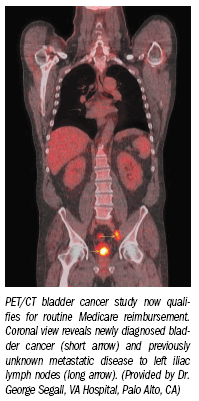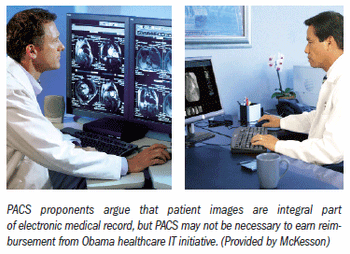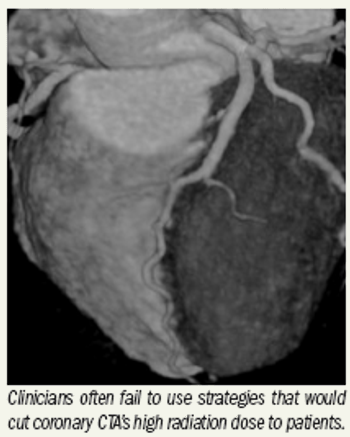
Like Goldilocks testing the bears’ porridge, the American College of Radiology and other professional societies are using diagnostic reference level (DRL) data to tell radiologists if the patient dose radiation from their CT scanners is too hot or just right.














